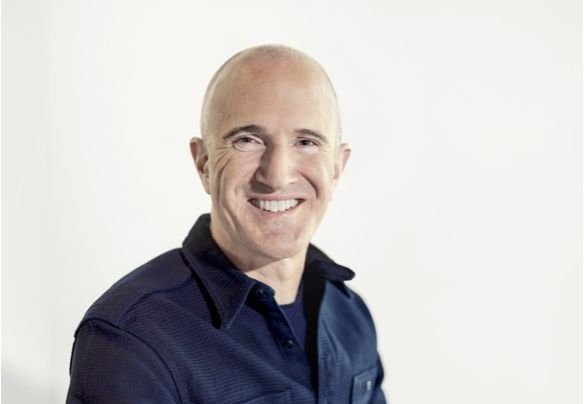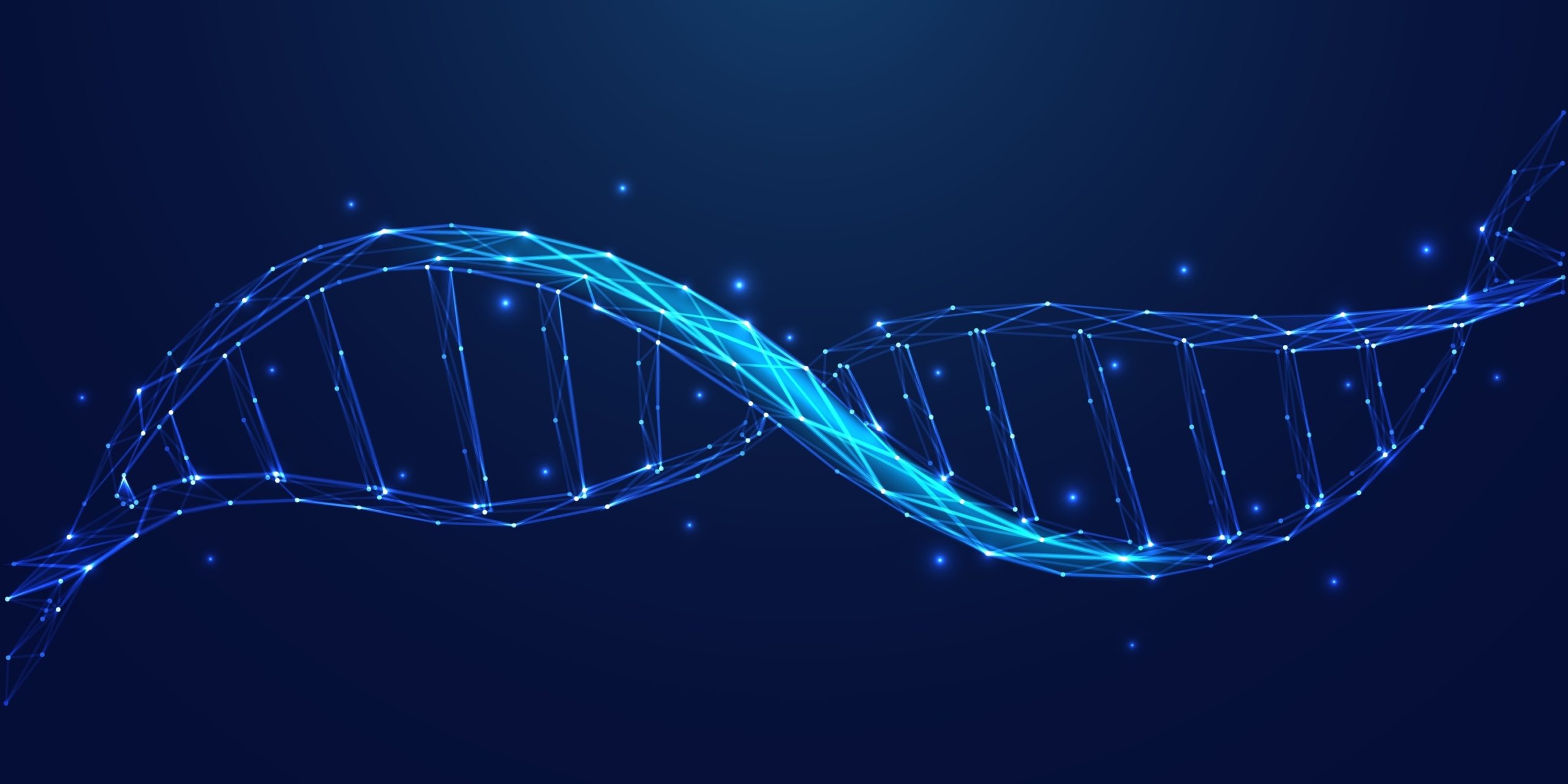Key Takeaways:
I. One Bio's depolymerization technology offers a scalable and sustainable solution for producing soluble fiber from agricultural waste, potentially transforming the functional food ingredient landscape.
II. While One Bio's focus on processed foods offers a convenient way to increase fiber intake, it also raises questions about the long-term health implications of relying on fortified processed foods over whole-food dietary changes.
III. The substantial investment in One Bio reflects the growing market demand for functional fibers and the increasing recognition of the 'fiber gap' as a significant public health challenge with substantial economic implications.
One Bio, a UC Davis spinoff, has secured $27 million in Series A funding to address the pervasive fiber gap in modern diets. This investment, backed by prominent investors including AlphaEdison and Leaps by Bayer, highlights the growing recognition of fiber's crucial role in public health. One Bio's innovative technology focuses on converting agricultural waste into soluble fiber, offering a sustainable solution with the potential to revolutionize both dietary habits and agricultural practices. This article delves into the science behind One Bio's technology, explores its market potential, and analyzes its implications for dietary health and environmental sustainability.
One Bio's core technology revolves around a chemical depolymerization process, distinct from enzymatic methods, that breaks down polysaccharides from agricultural waste into smaller, more palatable oligosaccharides. This process, utilizing a metal catalyst (iron) and an oxidizing agent (hydrogen peroxide), generates reactive radical species that cleave polysaccharides into soluble fibers. This method, initially developed as an analytical tool, has been scaled for industrial production, enabling the creation of odorless, colorless, and tasteless fiber ingredients suitable for high inclusion rates in various food products.
The resulting oligosaccharides, characterized using liquid chromatography–mass spectrometry, offer significant advantages for food formulators. Their neutral sensory profile allows for incorporation into food and beverages without impacting taste or texture. This characteristic is crucial for addressing the often-cited challenge of palatability in fiber supplementation. One Bio's technology enables the addition of meaningful amounts of fiber to products that were previously limited by the negative sensory impact of high fiber content.
One Bio's extensive fiber catalog, derived from the analysis of over 2,500 plants, foods, algae, and bacteria, provides a rich resource for tailoring fiber solutions to specific product needs and health targets. This deep understanding of fiber structure-function relationships allows for the development of precision prebiotics, targeting specific gut microbial communities for enhanced health benefits. This approach moves beyond simply adding fiber and towards a more targeted and personalized approach to gut health modulation.
The scalability and cost-effectiveness of One Bio's technology, utilizing standard equipment, position it as a viable solution for widespread adoption in the food industry. By converting what is often considered a waste product into a high-value ingredient, One Bio offers a sustainable and economically attractive proposition for food manufacturers seeking to enhance the nutritional profile of their products. This approach aligns with the growing trend of upcycling and valorizing agricultural byproducts, contributing to both economic and environmental sustainability.
The functional fiber market is experiencing robust growth, driven by increasing consumer awareness of the health benefits of fiber and the rising prevalence of chronic diseases linked to fiber deficiency. The global arabinoxylan fiber market, a key segment within the functional fiber market, was valued at $32.5 million in 2024 and is projected to reach $69.6 million by 2034, growing at a CAGR of 8.8%. This growth trajectory underscores the significant market opportunity for One Bio and its innovative fiber solutions.
One Bio's initial target categories include refreshment beverages, plant-based milks, juices, and supplements. The company is exploring various business models, including partnering with food companies to upcycle their existing agricultural waste streams. This approach not only provides a valuable service to food manufacturers but also aligns with the growing trend of circularity and sustainability in the food industry. One Bio's ability to transform a waste product into a high-value ingredient positions it as a key player in the evolving landscape of food production.
Despite the growing market for functional fibers, challenges remain. Consumer perceptions of fiber, often associated with negative sensory experiences, can hinder product adoption. One Bio's focus on creating odorless, colorless, and tasteless fibers directly addresses this challenge. However, the company must also navigate the complex regulatory landscape surrounding health claims related to fiber. While some of the fibers produced by One Bio, such as oat beta-glucan, have established health claims, others may require extensive clinical trials to substantiate specific health benefits.

One Bio's success will depend on its ability to effectively communicate the value proposition of its fiber ingredients to both consumers and food manufacturers. This includes educating consumers about the importance of fiber and addressing any misconceptions about its palatability and health benefits. Furthermore, building strong partnerships with food companies committed to genuine nutritional improvement, rather than simply capitalizing on the fiber trend, will be crucial for long-term market success and positive public health outcomes.
One Bio's upcycling of agricultural waste into soluble fiber offers significant environmental benefits. By diverting waste from landfills, the company reduces greenhouse gas emissions associated with decomposition and minimizes land contamination. This approach contributes to a circular bioeconomy, promoting resource efficiency and reducing the environmental footprint of food production. Furthermore, utilizing agricultural byproducts creates new revenue streams for farmers and reduces the need for external inputs, enhancing the overall sustainability of agricultural practices.
While the upcycling process itself is inherently sustainable, the overall environmental impact of One Bio's technology depends on factors such as the energy consumption of the depolymerization process and the transportation distances involved in sourcing raw materials and distributing finished products. A comprehensive life cycle assessment is needed to fully quantify the environmental benefits and identify any potential areas for improvement. However, the fundamental principle of transforming waste into value represents a significant step towards a more sustainable and resilient food system.
One Bio's Vision: Bridging the Nutritional Gap and Cultivating a Sustainable Food Future
One Bio's innovative approach to fiber production represents a significant step towards addressing the global fiber gap and promoting a more sustainable food system. By converting agricultural waste into a valuable ingredient, the company offers a compelling solution that benefits both human health and the environment. While challenges remain, including consumer education and the need for further research on the long-term health impacts of isolated fibers, One Bio's technology holds considerable promise for transforming the food industry and improving dietary health on a global scale. The company's success will depend on its ability to navigate the complex interplay of market forces, consumer perceptions, and scientific advancements, while maintaining a steadfast commitment to both nutritional integrity and environmental responsibility.
----------
Further Reads
I. https://www.frontiersin.org/articles/10.3389/fenrg.2021.758744/fullFrontiers | A Review: Depolymerization of Lignin to Generate ...
II. https://www.nutraingredients-usa.com/Article/2023/11/13/One-Bio-CEO-on-going-back-to-nature-to-pioneer-next-generation-nutrients/Q&A: One Bio CEO on going back to nature to pioneer next-generation nutrients
III. https://www.sciencedirect.com/topics/engineering/fibre-extractionFibre Extraction - an overview | ScienceDirect Topics









